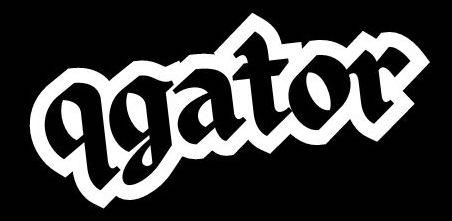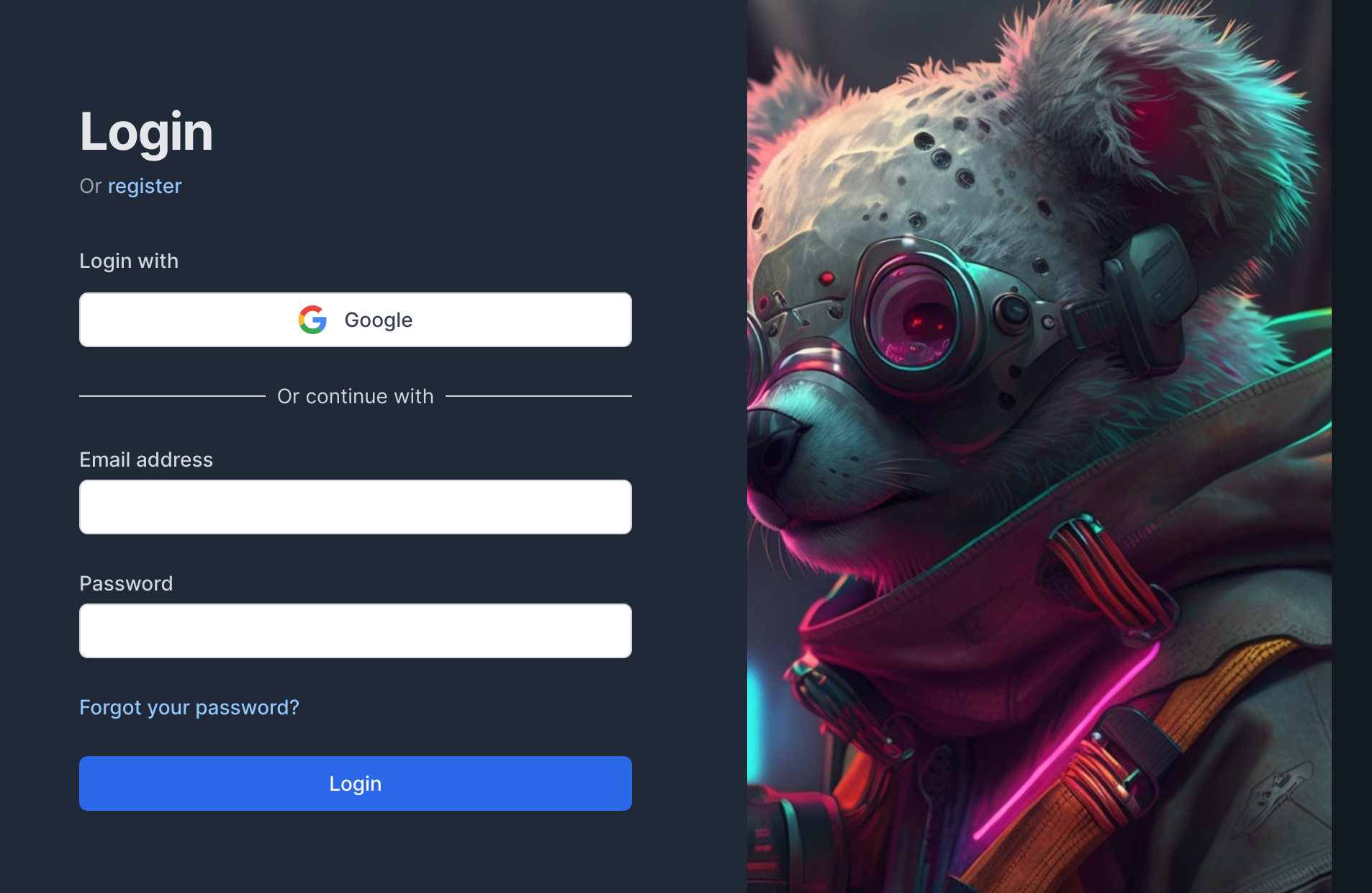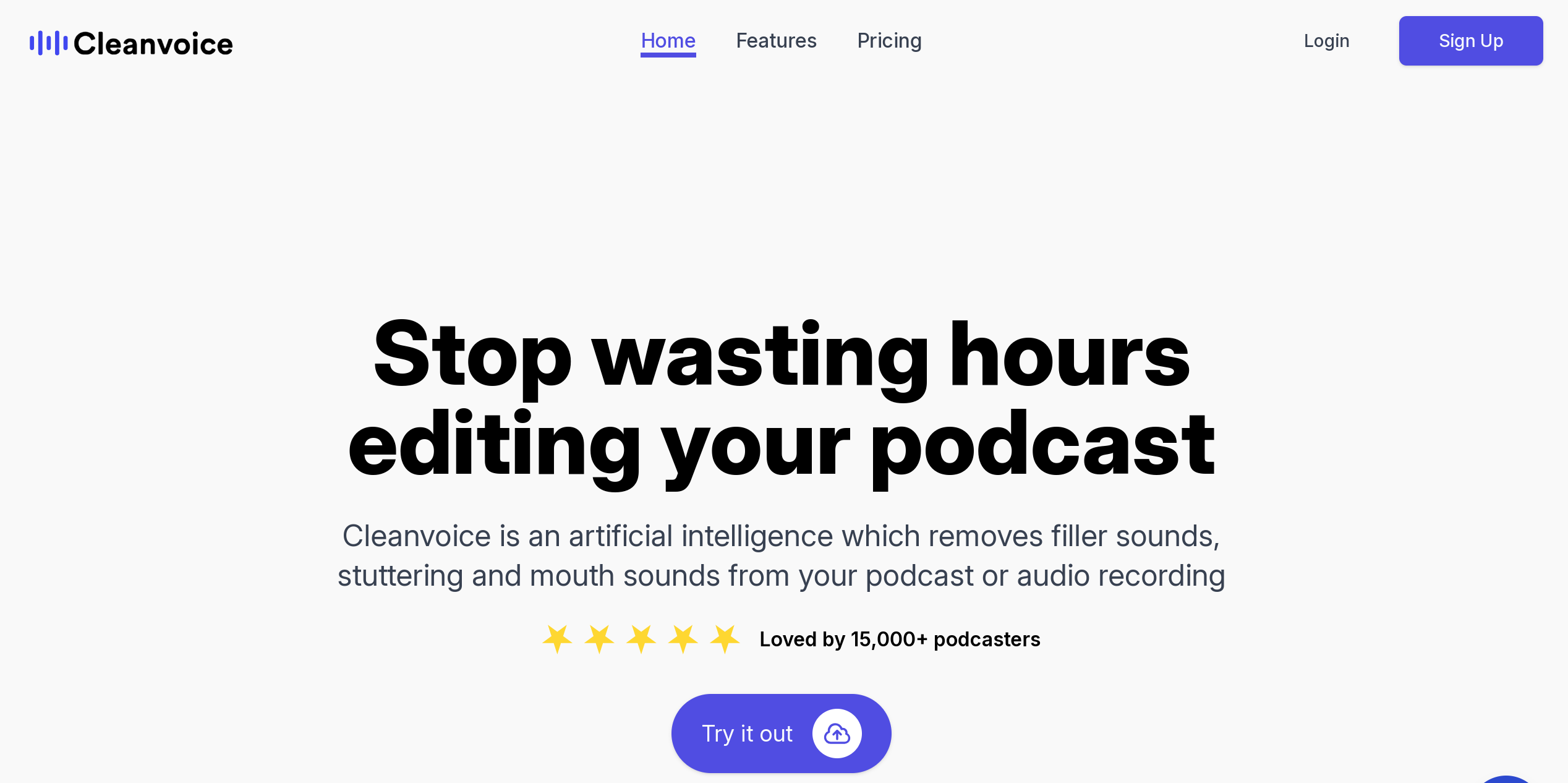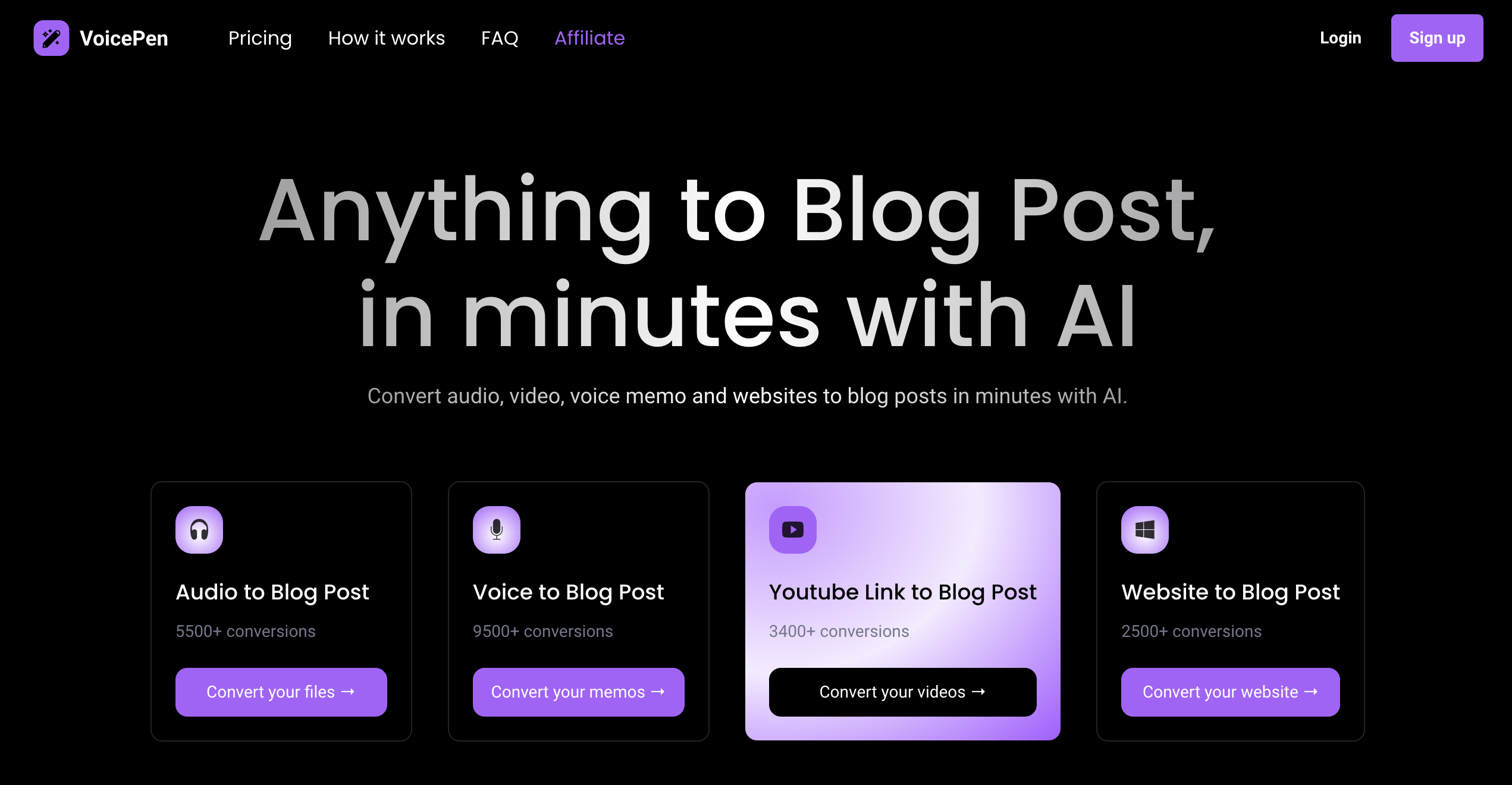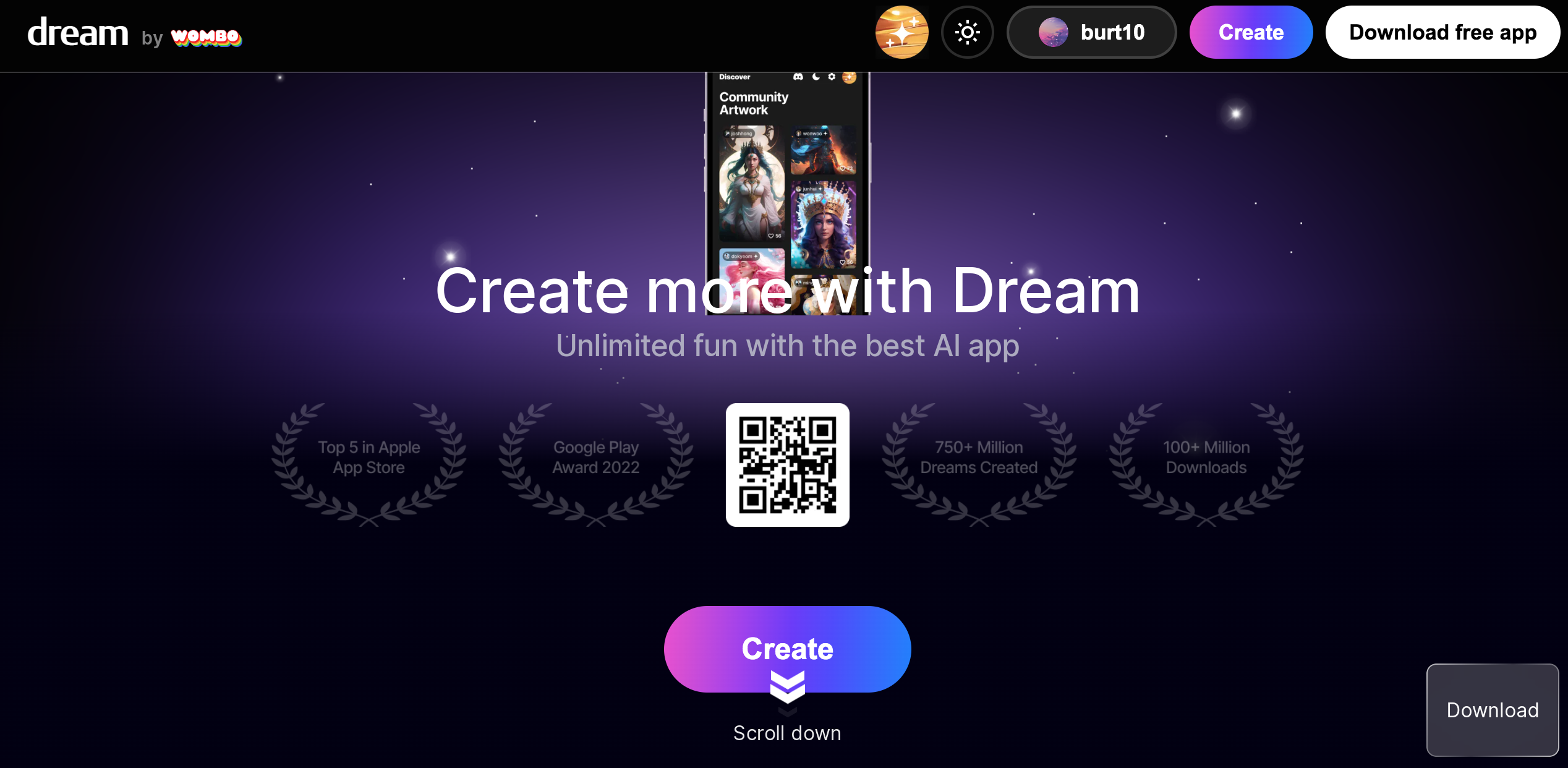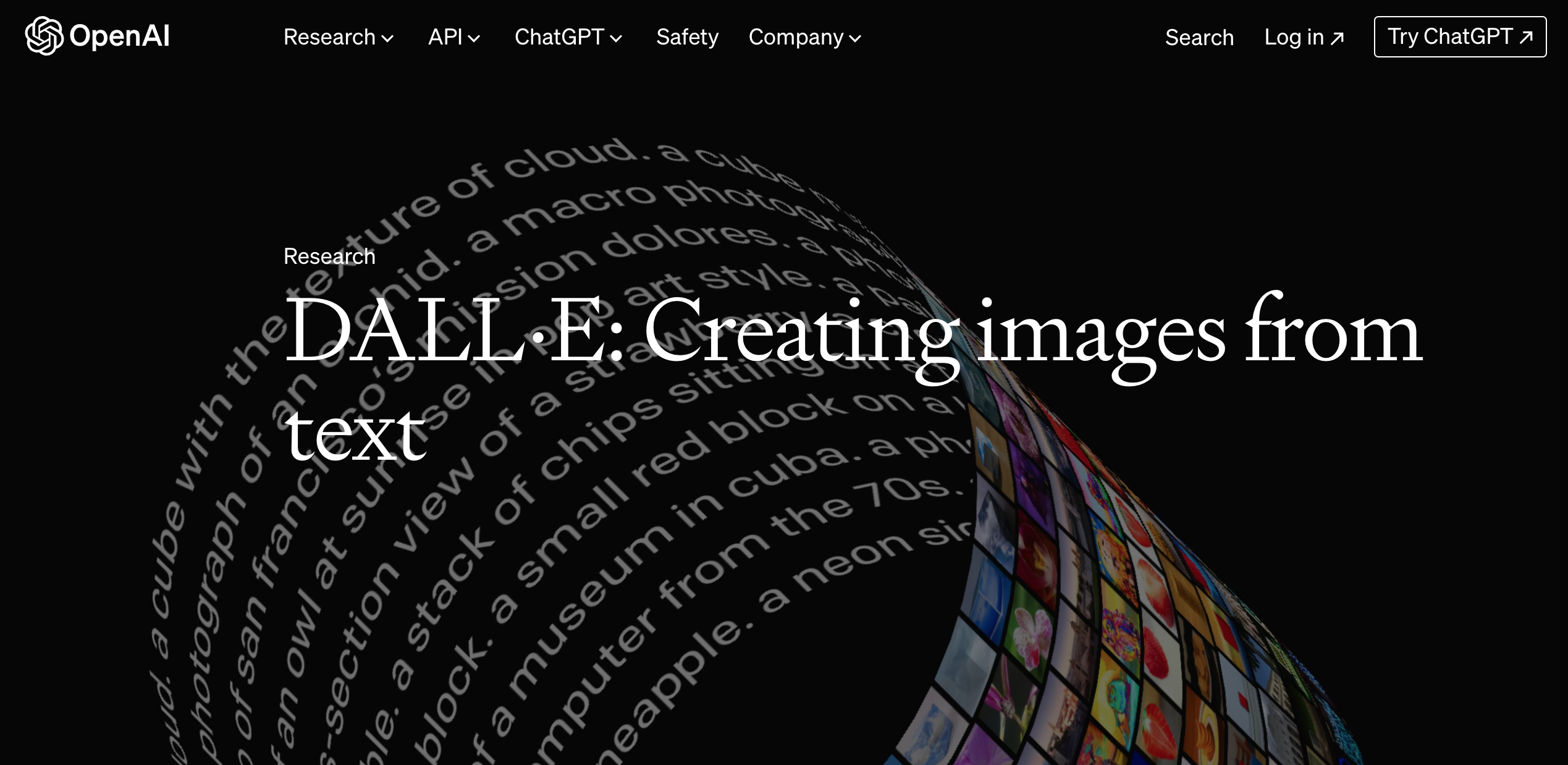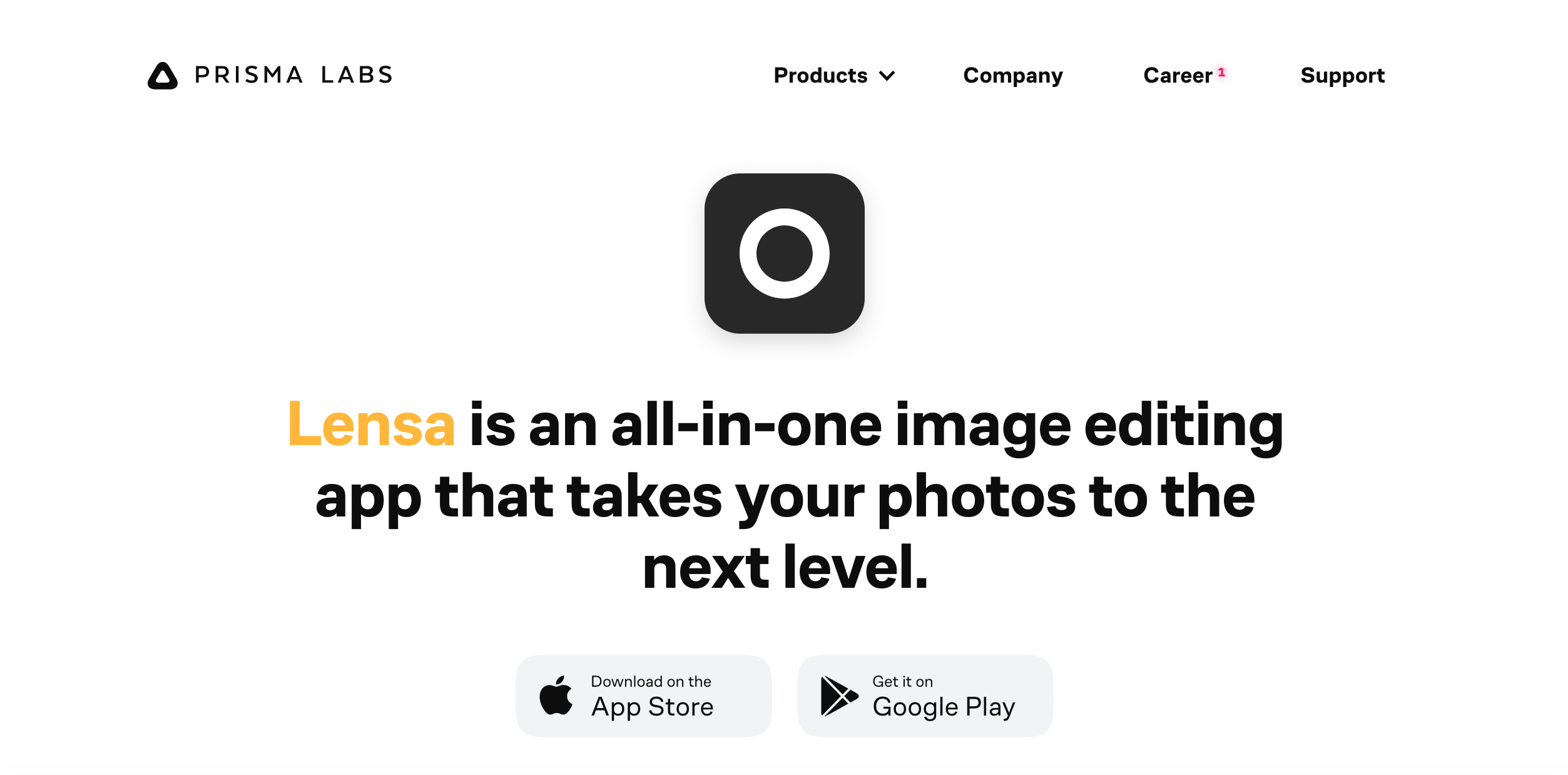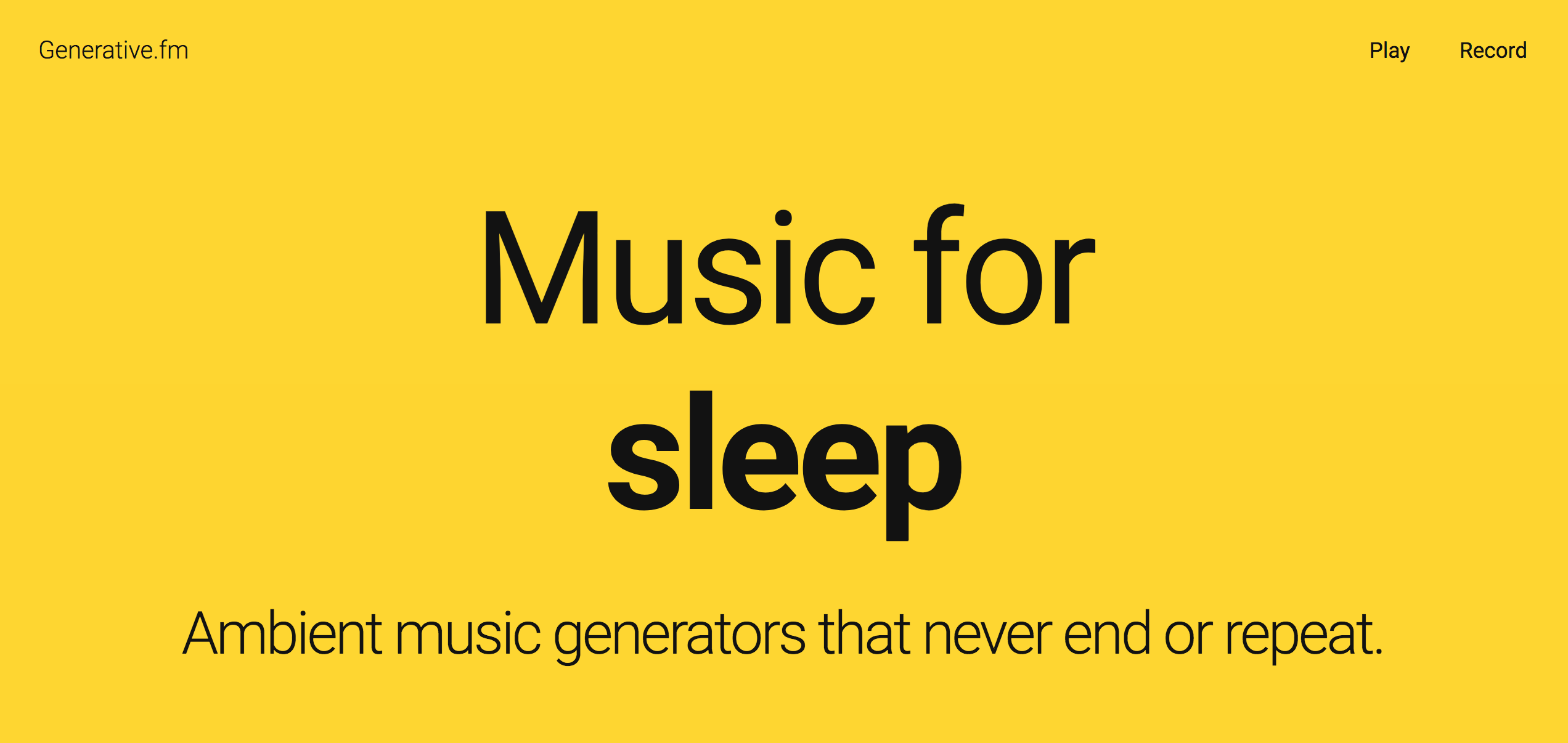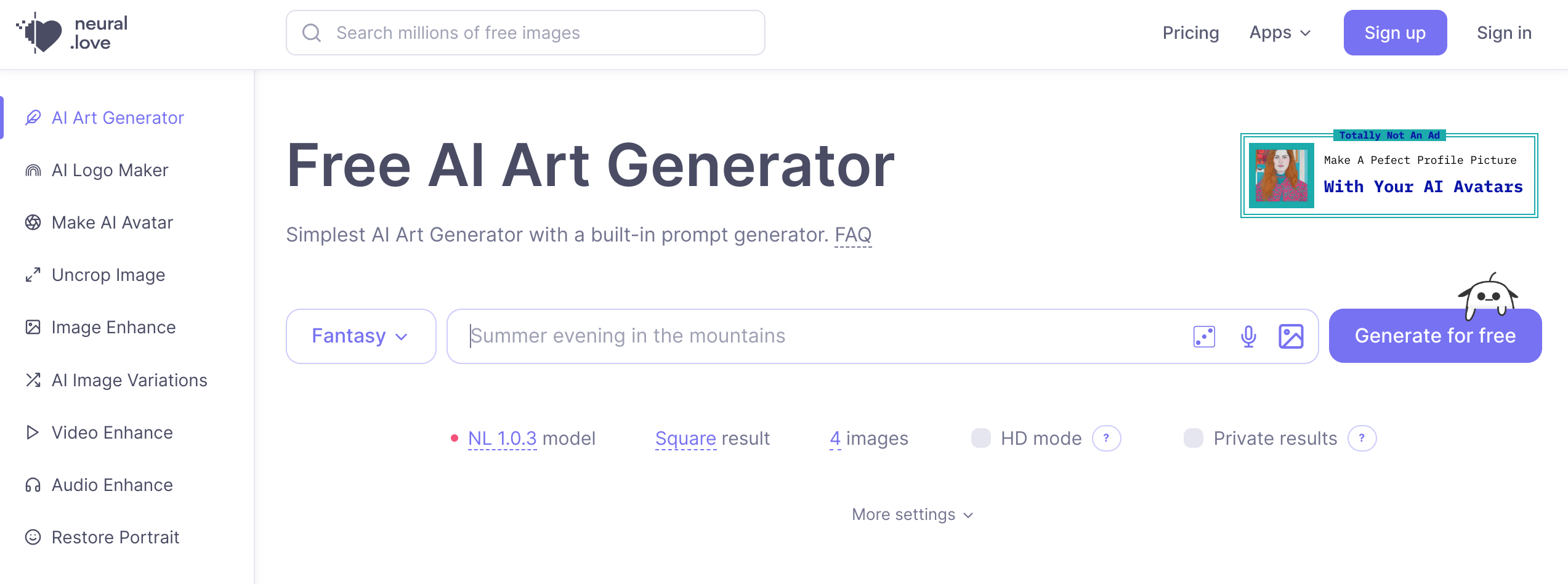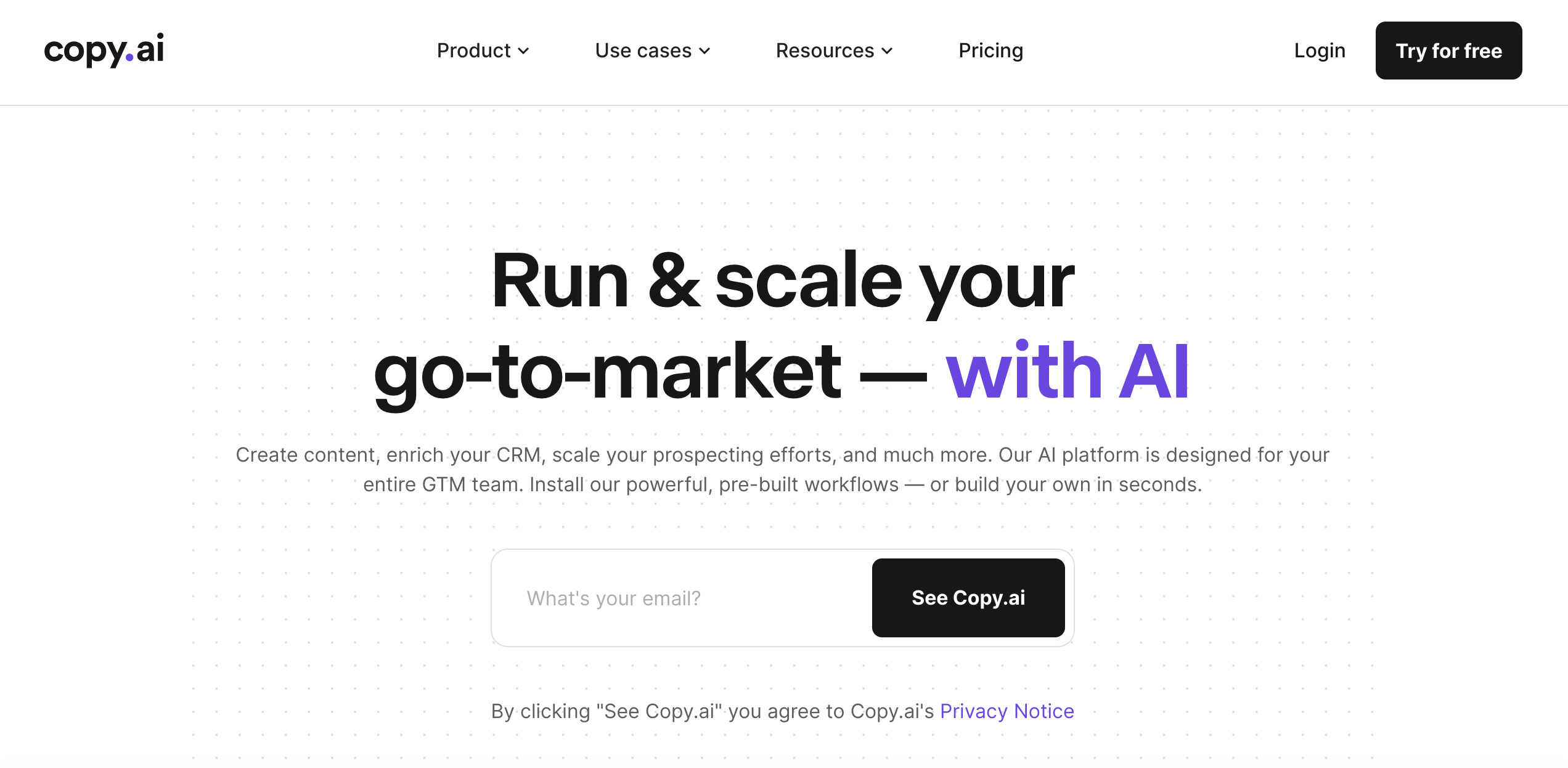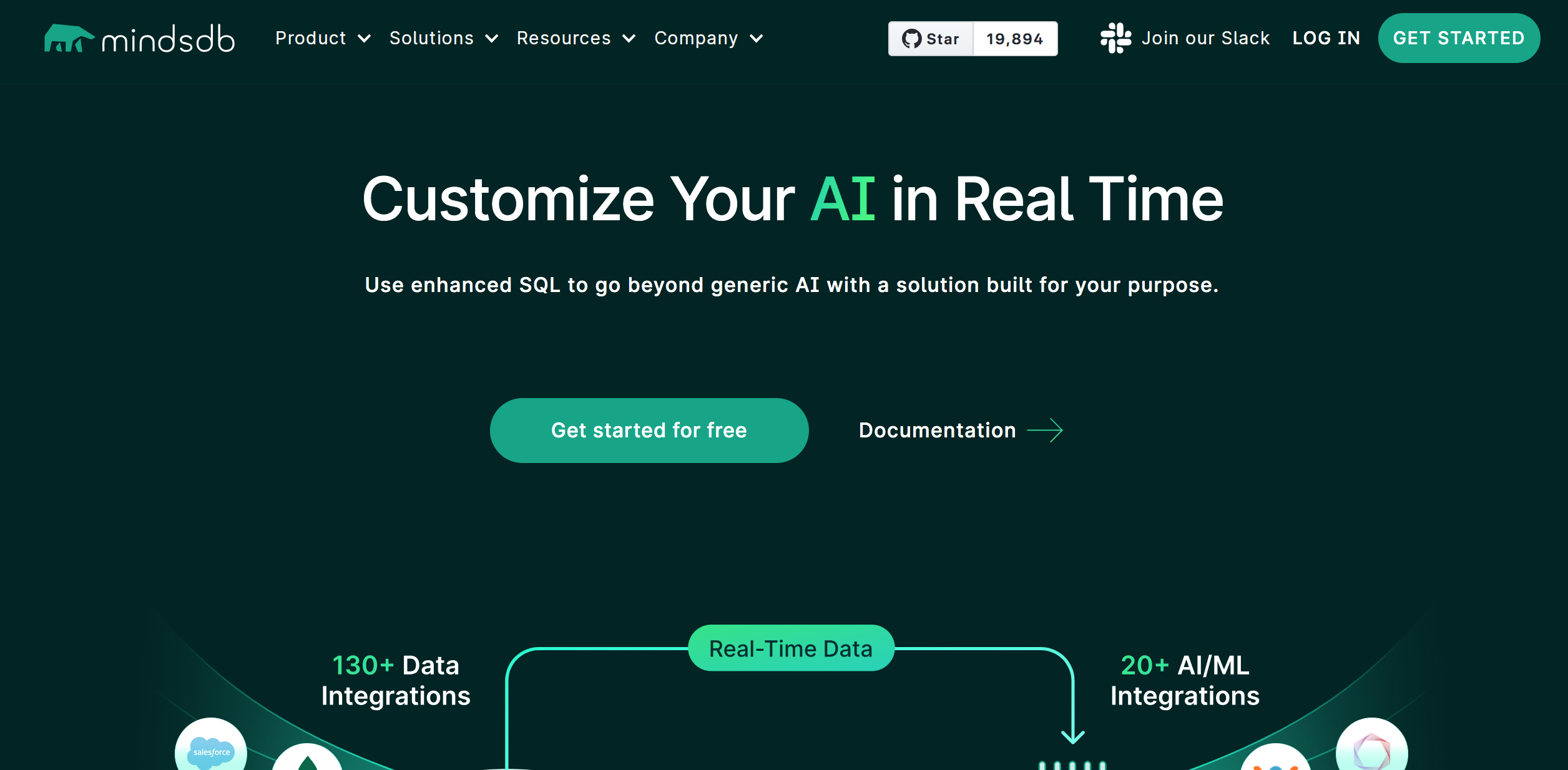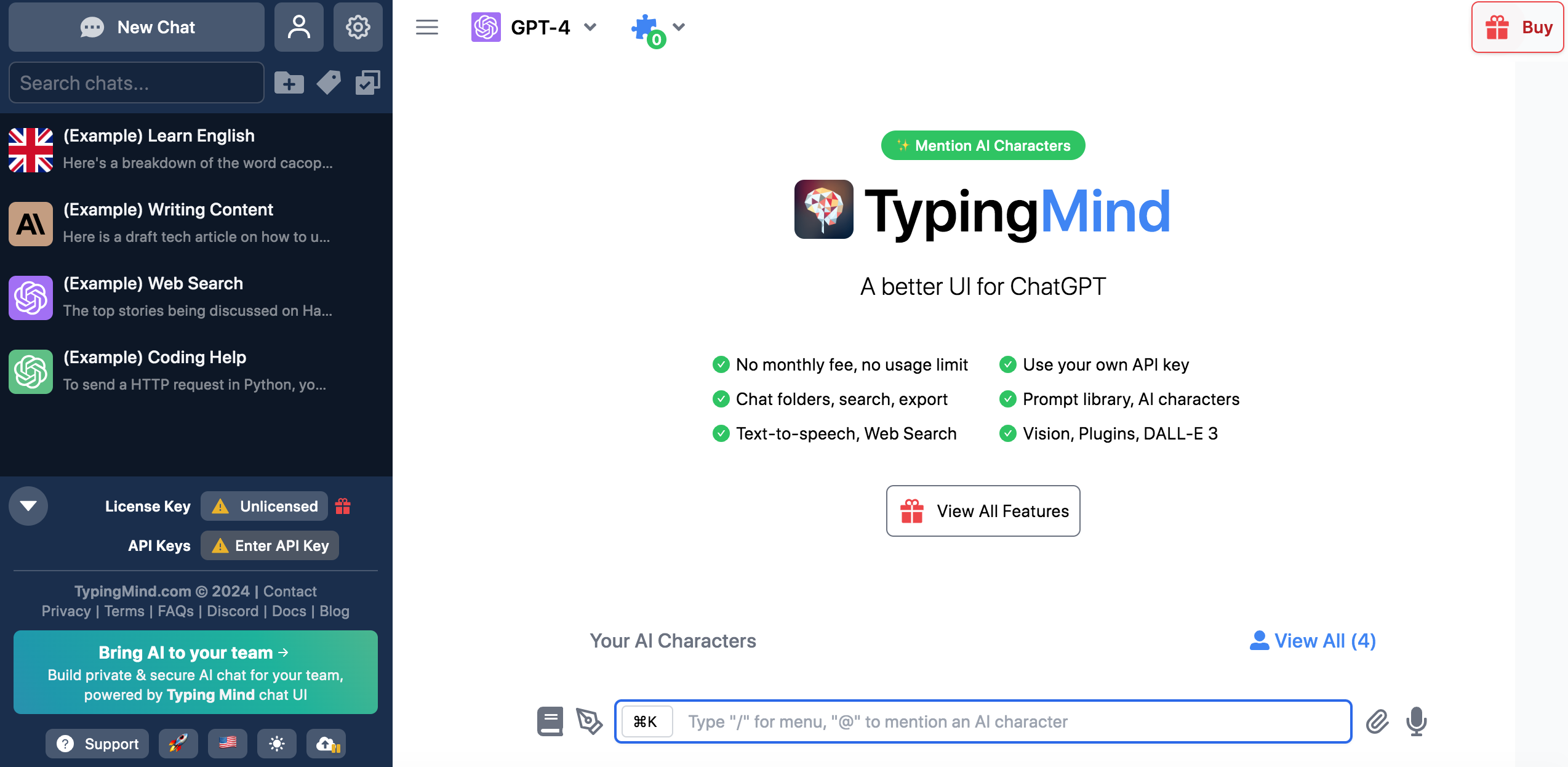I. Introduction
The healthcare industry is one of the most important industries in the world, but it is also plagued by inefficiencies, high costs, and data security concerns. Blockchain technology has the potential to address many of these issues by providing a secure and transparent way to store and share healthcare data. In this article, we will explore how blockchain technology can improve the healthcare industry.
II. Improving Data Security
One of the biggest concerns in the healthcare industry is the security of patient data. Blockchain technology can provide a secure and transparent way to store and share healthcare data, which can help to reduce the risk of data breaches and other security issues.
III. Streamlining Healthcare Operations
Blockchain technology can also help to streamline healthcare operations by providing a more efficient way to share data between different organizations and stakeholders. This can help to reduce costs and improve the overall quality of care.
IV. Enabling Personalized Medicine
Blockchain technology can also help to enable personalized medicine by providing a more comprehensive and accurate way to store and share patient data. This can help to improve the accuracy of diagnoses and treatment plans, which can ultimately lead to better patient outcomes.
V. Facilitating Clinical Trials
Blockchain technology can also facilitate clinical trials by providing a more efficient and transparent way to store and share data related to clinical trials. This can help to reduce costs and improve the overall efficiency of the clinical trial process.
VI. Case Studies of Blockchain-based Healthcare Systems
There have been several successful implementations of blockchain-based healthcare systems, including:
- MedicalChain: MedicalChain is a blockchain-based platform that allows patients to securely store and share their medical data with healthcare providers.
- Gem: Gem is a blockchain-based platform that allows healthcare providers to share data with each other in a secure and transparent way.
- SimplyVital Health: SimplyVital Health is a blockchain-based platform that allows healthcare providers to share data related to patient care in a more efficient and accurate way.
VII. Challenges and Concerns
While blockchain technology has the potential to revolutionize the healthcare industry, there are also several challenges and concerns that must be addressed. These include:
- Implementation challenges: Implementing blockchain-based healthcare systems requires significant technical expertise and resources, which can be a challenge for some organizations and stakeholders.
- Regulatory concerns: The healthcare industry is heavily regulated, and implementing blockchain-based systems may require navigating complex regulatory frameworks.
- Privacy concerns: While blockchain technology can help to improve data security, there are also concerns around the privacy of patient data and how it is shared.
VIII. Conclusion
Blockchain technology has the potential to revolutionize the healthcare industry by improving data security, streamlining healthcare operations, enabling personalized medicine, and facilitating clinical trials. While there are still challenges and concerns that must be addressed, the successful implementations of blockchain-based healthcare systems demonstrate the potential of this technology to transform the healthcare industry. As the technology continues to develop and mature, we can expect to see more experimentation and adoption of blockchain-based healthcare systems around the world.
